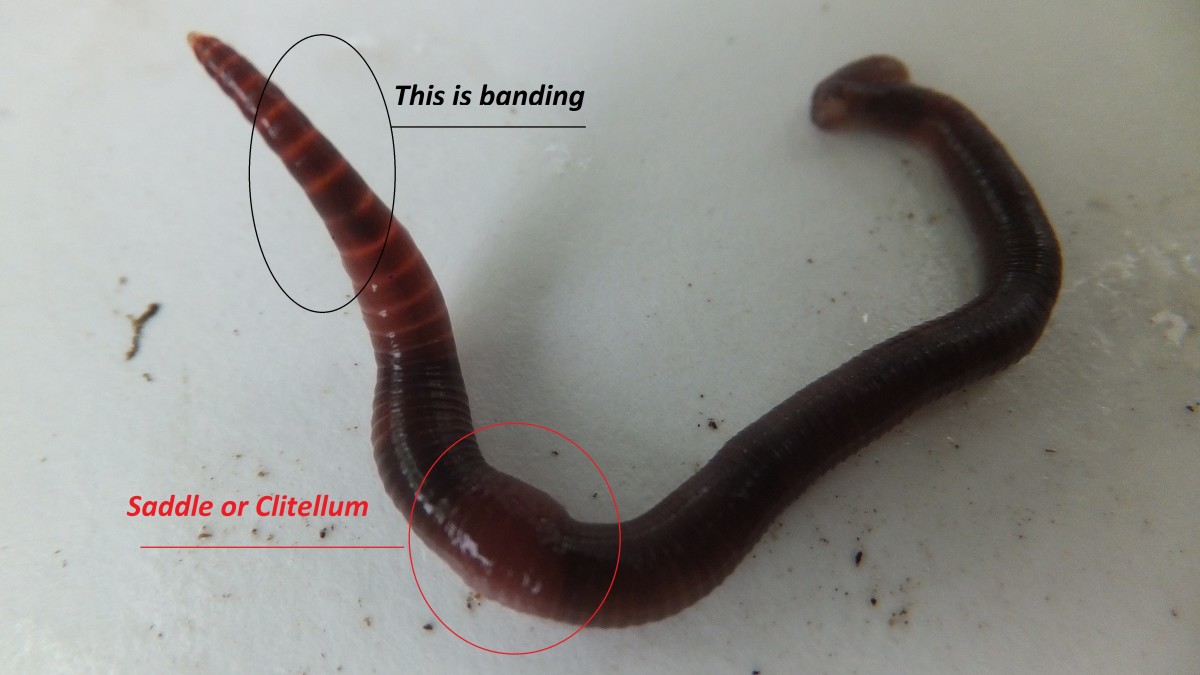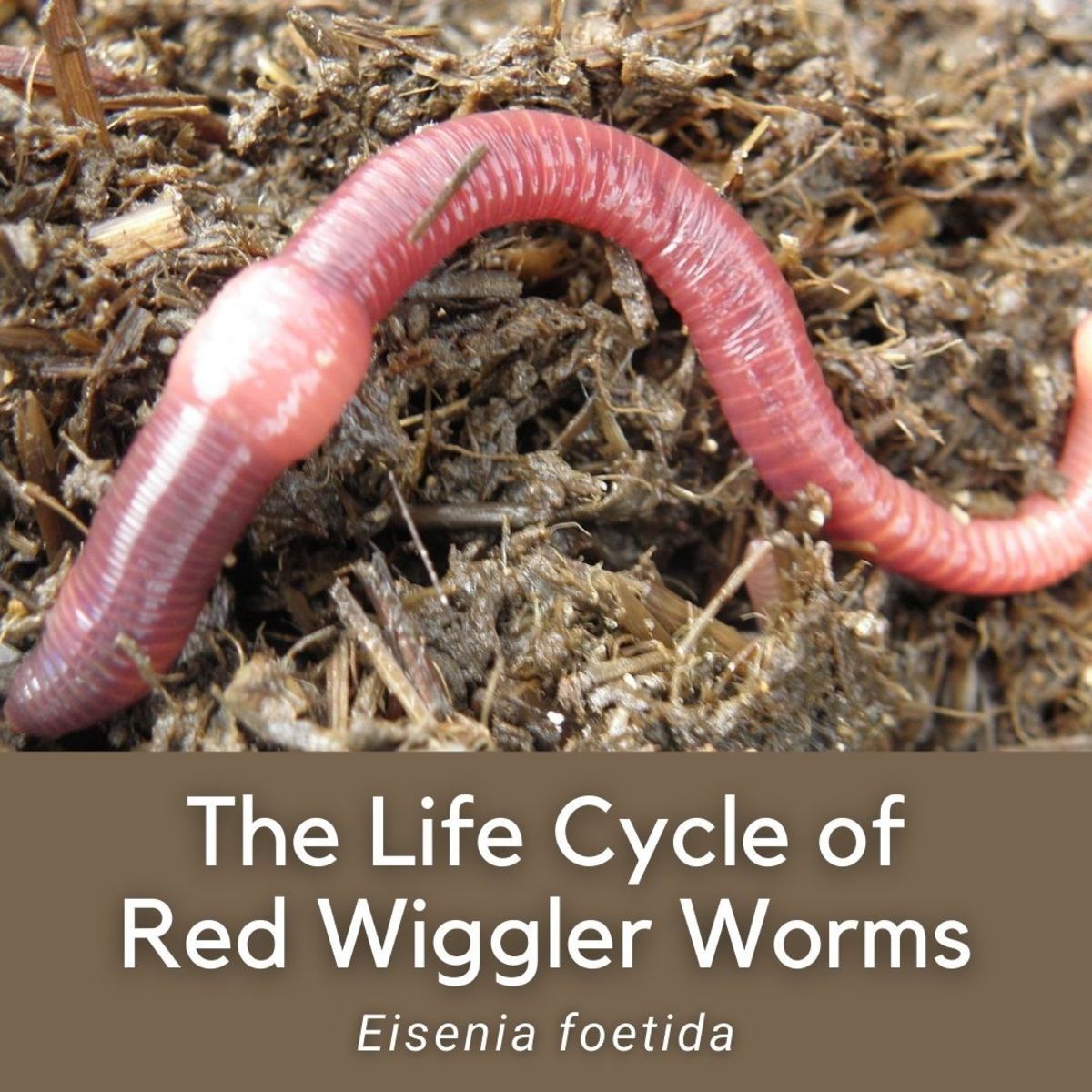Get Red Wiggler Worms - Ideal for Composting and Gardening
Get Red Wiggler Worms - Ideal for Composting and Gardening
Blog Article
Red Wiggler Worms Demystified: Opening the Secrets of Vermiculture for Greener Living and Nutrient-Rich Soil
In the realm of sustainable practices for improving dirt high quality and advertising eco-conscious living, red wiggler worms play a critical yet commonly overlooked role. These simple animals possess the impressive ability to change organic waste into nutrient-rich spreadings that work as a potent all-natural fertilizer. By delving into the world of vermiculture, one can discover a variety of advantages that expand far past standard composting techniques. Comprehending the details of taking care of these worms, maximizing their environment, and harnessing their spreadings can result in a greener way of life and much healthier dirt for plants to grow.
The Duty of Red Wiggler Worms
Red Wiggler worms play a vital function in composting systems by successfully damaging down raw material right into nutrient-rich castings. These starved eaters consume a selection of natural materials, such as kitchen scraps, backyard waste, and paper items. As they feed, the worms' digestion procedures damage down the raw material into a penalty, dark, and nutrient-dense material called worm castings or vermicompost.
The spreadings generated by Red Wiggler worms are highly valuable for soil health and wellness and plant growth. They are abundant in necessary nutrients like potassium, phosphorus, and nitrogen, which are crucial for sustaining healthy and balanced plant development. Additionally, worm castings include valuable microbes and enzymes that help improve soil framework, rise water retention, and improve nutrient uptake by plants.
Advantages of Vermicomposting

It enhances soil structure, improves dirt aeration, and boosts dirt moisture retention. Vermicompost also enriches the soil with essential nutrients like nitrogen, phosphorus, and potassium, advertising plant development and overall dirt fertility.
Furthermore, vermicomposting supports lasting gardening methods by offering a all-natural and chemical-free alternative to artificial plant foods. Red Wiggler Worms. This eco-friendly method not only enhances the dirt yet also helps in reducing reliance on harmful chemicals, promoting a greener and more sustainable means of gardening
Establishing a Worm Bin
When developing a worm bin for vermicomposting, appropriate setup is critical to make certain the success of the composting process. The initial action in establishing up a worm container is choosing a suitable container.
After adding the bed linens, present the red wiggler worms to the container. The worms must after that be provided with food scraps such as fruit and veggie peels, coffee grounds, and eggshells.
Consistently monitor the dampness degrees and temperature in the worm bin to make certain optimal problems for the worms. With proper configuration and upkeep, the worm bin Clicking Here will effectively transform natural waste right into nutrient-rich compost for your plants and yard.
Gathering Worm Castings
To successfully collect nutrient-rich worm castings from your vermicomposting system, a systematic harvesting technique is essential. When it comes time to gather the worm castings, there are a couple of crucial steps to follow to make sure a successful procedure. To start with, stop including fresh food scraps away of the worm bin for a couple of weeks prior to gathering. This urges the worms to move to the side with my latest blog post fresh bed linen and food, making it simpler to dig the spreadings from the opposite side.

Troubleshooting Common Issues
Recognizing and addressing common challenges that may arise during the vermicomposting procedure is vital for keeping a effective and healthy worm container. Including excess food scraps can lead to a buildup of moisture and level of acidity in the worm container, possibly damaging the worms. Another problem is unpleasant smells rising from the worm container.
In addition, if the worm population is declining or the worms appear undesirable, maybe as a result of environmental stressors such as severe temperatures or pH degrees. Keeping track of these aspects special info and making required changes is vital for the wellness of the worms. By troubleshooting these usual issues quickly, vermicomposters can ensure a effective and smooth vermicomposting process while preserving a growing worm population.

Conclusion
In final thought, red wiggler worms play an essential duty in vermiculture by damaging down organic matter right into nutrient-rich soil. Establishing up a worm container is necessary for effective vermiculture, and gathering worm spreadings provides useful compost for horticulture.
As they feed, the worms' digestion processes break down the natural issue right into a penalty, dark, and nutrient-dense product recognized as worm castings or vermicompost.
The spreadings generated by Red Wiggler worms are extremely valuable for soil health and plant growth. Including excess food scraps can lead to a build-up of moisture and acidity in the worm container, potentially hurting the worms.Additionally, if the worm population is declining or the worms appear harmful, it could be due to ecological stressors such as severe temperature levels or pH degrees. Establishing up a worm bin is important for effective vermiculture, and harvesting worm castings offers important garden compost for gardening.
Report this page